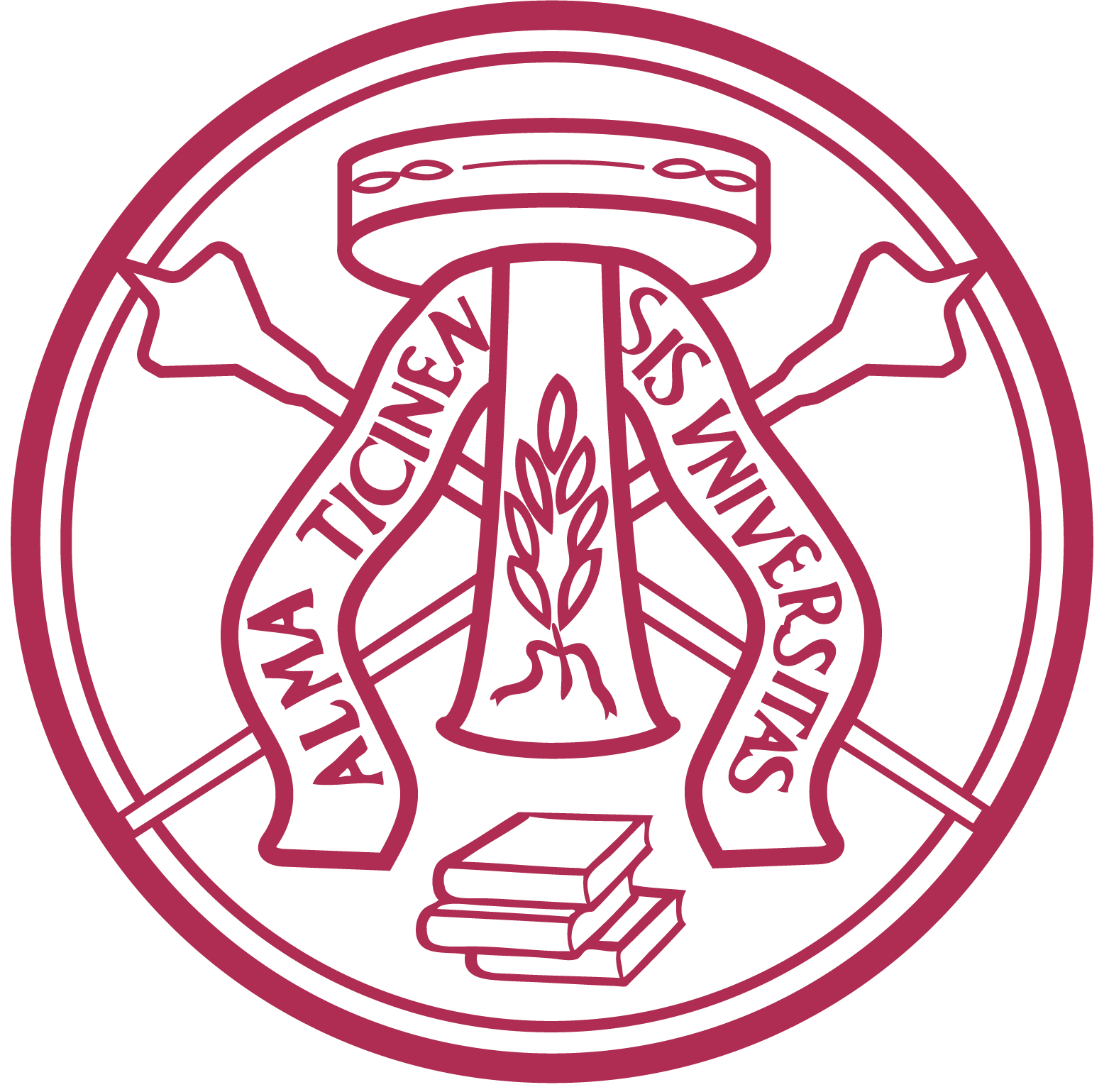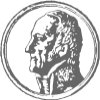Theoretical and Mathematical Physics: Foundations of Quantum Mechanics
The experience and the numerous results of Quantum Information have led the community to look at foundations of Quantum Theory under a completely new perspective, viewing the theory as a “theory of information”. Concretely this has led to an axiomatization of the theory in information-theoretic terms. Among the many advantages of the new axiomatization, in addition to being based on principles that are not mere mathematical definitions, there is a great simplification of the mathematical structure of the theory and of most of its theoretical derivations, along with the addition of the new perspective of analyzing the theory “from the outside”, in such way allowing to directly point out which principles are violated corresponding to any desired change to the theory. This is particularly interesting in view of the current clash between quantum theory and general relativity–the key problem of contemporary theoretical physics.
The need of addressing also the “Mechanics” side of the “Quantum” shifts now the focus toward the much wider landscape of Quantum Field Theory. This leads us to add new principles of information-theoretic nature, in terms of unitarity, locality, homogeneity, and isotropy of the interactions, along with the finite information-density principle. In such a way the usual quantum field theory emerges in the relativistic limit from a discrete quantum cellular automaton, whereas in the ultra relativistic limit Lorentz covariance becomes the Doubly-Special Relativity theory. All fields are fermionic, with the boson as emergent as a couple of entangled fermions. The discrete theory unifies an hypothetical Planck scale with the Fermi scale. The theory, besides solving to-court all renormalization, localization and causality problems of quantum field theory, is sufficiently complete for being able to make phenomenological predictions for its falsifiability, such as the prediction of vacuum dispersion, which is under consideration for analysis of experimental data from the IceCube neutrino detector and the Fermi telescope.
Staff: Giacomo Mauro D'Ariano, Chiara Macchiavello, Lorenzo Maccone, Paolo Perinotti, Massimiliano Sacchi
References:
Quantum Theory from First Principles
Physics without Physics: The Power of Information-theoretical Principles



